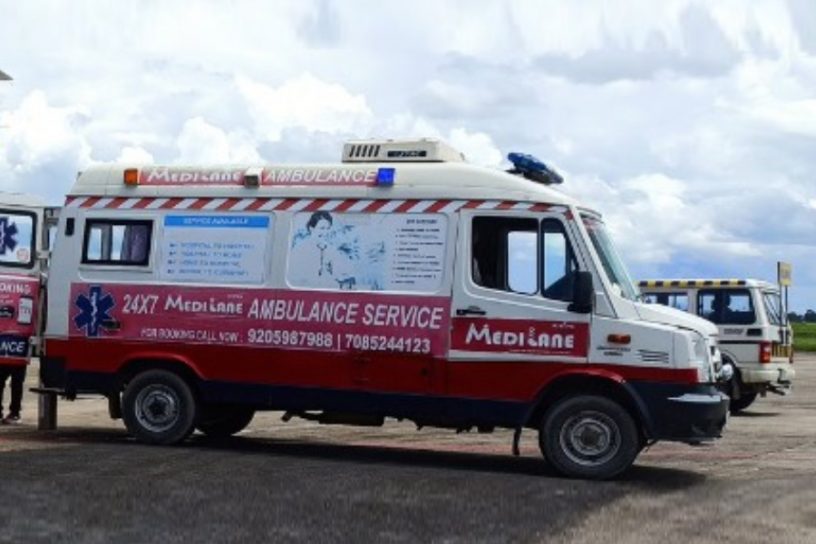
In the current context of the ongoing ethnic crisis, Manipur serves as an ideal case study to examine the multifaceted impact of conflict situations on healthcare performance outcomes over time.
Authors
Deepanshu Mohan, Associate Professor of Economics and Director, Centre for New Economics Studies (CNES), Jindal School of Liberal Arts and Humanities, O.P. Jindal Global University, Sonipat, Haryana, India.
Amisha Singh, Research Analysts with CNES and member of the InfoSphere Team.
Aditi Desai, Research Analysts with CNES and member of the InfoSphere Team.
Shalaka Adhikari, Research Analysts with CNES and member of the InfoSphere Team.
Samragnee Chakraborty, Research Analysts with CNES and member of the InfoSphere Team.
Shilpa Santhosh, Research Analysts with CNES and member of the InfoSphere Team.
Vasudevan, Research Analysts with CNES and member of the InfoSphere Team.
Summary
The intricate relationship between conflict, healthcare and community-based intervention calls for a need to analyse the role of external and internal factors that shape or influence a state’s healthcare landscape. Conflict situations exacerbate healthcare security. And it takes decades for community-based interventions to normalise health outcomes and build trust among a community with respect to the state’s healthcare system.
In the current context of the ongoing ethnic crisis, Manipur serves as an ideal case study to examine the multifaceted impact of conflict situations on healthcare performance outcomes over time. By delving into economic, political, social, and environmental factors, as well as studying the role of local communities in peacebuilding processes, we can gain valuable insights into the complex interplay between conflict and healthcare.
CNES’s research team has spent the past three months closely studying the socio-political and socio-economic aspects of the conflict in Manipur. The lack of mobility and navigation options for external contingency response groups has made it difficult to provide relief-support.
Despite such challenges, many people from the local community and social groups have consistently made efforts in ensuring better contingency response, providing access to basic amenities, such as healthcare security to the affected communities.
(This is the second part of a two-part explainer on the assessment of healthcare costs and the impact of the ongoing conflict on Manipur’s population. Read the first part here. This piece is written by the Centre for New Economics Studies’ InfoSphere team, with the help of its field team. CNES notes that a paucity of localised data remains a challenge. The conflict situations exacerbate these challenges, making any data analytical exercise a difficult process.)
Published in: The Wire
To read the full article, please click here.


